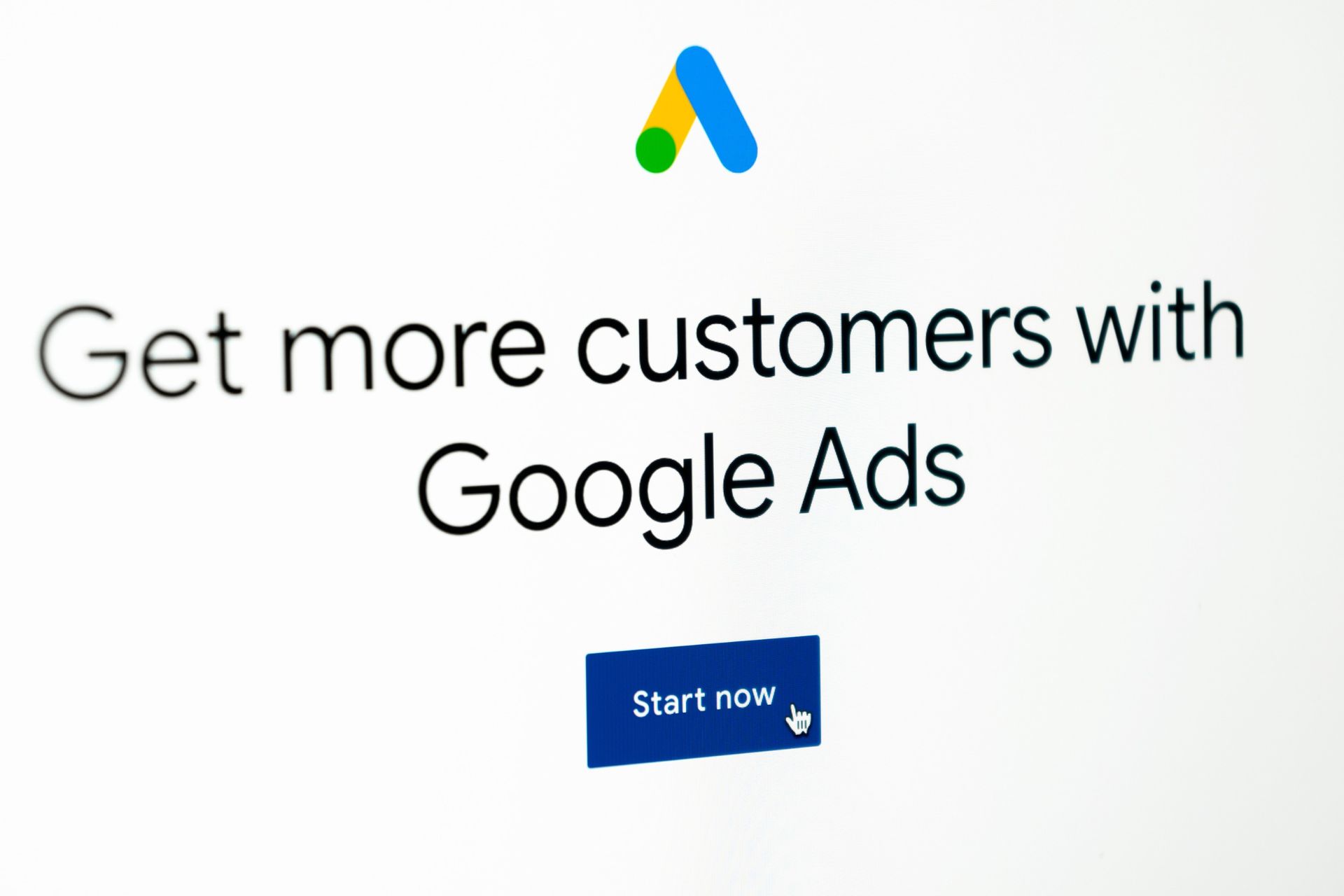The 6 Best Online Marketing Strategies for Small Businesses
Starting a small business is an exciting journey, but marketing it online can feel overwhelming. Don't worry, you're not alone.
Many small business owners face the same challenges. The good news is that there are tried and true online marketing strategies that can help.
These strategies are effective and easy to implement. They don't require a big budget or a lot of experience.
In this post, we'll guide you through the best online marketing techniques tailored for small businesses, so you can boost your sales and grow your brand with confidence.
Search Engine Optimization (SEO)
Search Engine Optimization, or SEO, is the first step towards getting your business noticed online. By optimizing your website for search engines, you can improve your visibility and attract more organic traffic.
Why SEO Matters
- Increased Visibility: Higher search engine rankings mean more visibility for your business.
- Cost-Effective: Unlike paid advertising, organic traffic through SEO is essentially free.
- Long-Term Results: Proper SEO techniques can ensure long-lasting visibility and traffic.
Key Techniques to Implement
- Keyword Research: Identify the keywords and phrases your potential customers are searching for. Use tools like Google Keyword Planner or SEMrush for this task.
- On-Page SEO: Make sure your website content includes relevant keywords. This includes meta titles, descriptions, header tags, and image alt texts.
- Quality Content: High-quality, informative content that answers questions and provides value to your audience will improve your search rankings.
Simple Tips for Better SEO
- Use relevant keywords throughout your content without keyword stuffing.
- Update your content regularly to keep it fresh and relevant.
- Optimize website speed by compressing images and leveraging browser caching.
Content Marketing
Content marketing is an invaluable strategy that focuses on creating and distributing high-quality, relevant content to attract and engage your target audience.
Why Content Marketing is Effective
- Builds Trust: Consistently providing valuable content helps establish your business as an industry authority.
- Generates Leads: Blogs, guides, and videos can attract potential customers and encourage them to take action.
- Improves SEO: High-quality content can boost your search engine rankings, driving more organic traffic to your site.
Types of Content to Create
- Blog Posts: Share insights, tips, and stories relevant to your industry.
- Videos: Create engaging visual content that demonstrates your products or explains complex topics.
- Infographics: Use visually appealing graphics to simplify and present information effectively.
- E-Books and Whitepapers: Offer in-depth resources that users can download, increasing their engagement with your brand.
Best Practices for Content Marketing
- Know Your Audience: Understand the needs, preferences, and challenges of your target audience to create content that resonates with them.
- Develop a Content Calendar: Plan your content ahead of time to ensure consistency and variety.
- Promote Your Content: Share your content across various platforms, including social media, email newsletters, and relevant online communities.
Email Marketing
Email marketing remains one of the most powerful tools for building relationships with your customers and nurturing leads. It enables you to deliver personalized messages directly to your audience's inbox, keeping them informed and engaged.
The Benefits of Email Marketing
- Cost-Effective: Email marketing is one of the most affordable ways to reach your audience.
- Personalized Communication: Tailor your messages to individual subscriber preferences and behaviors.
- Measurable Results: Track open rates, click-through rates, and conversions to measure the success of your campaigns.
Essential Tips for Effective Email Marketing
- Segment Your List: Group your subscribers based on their interests, purchase history, or engagement level to send more targeted emails.
- Craft Compelling Subject Lines: Capture attention with subject lines that make recipients want to open your email.
- Include a Clear Call to Action (CTA): Guide your readers on what to do next, whether it's making a purchase, downloading a resource, or signing up for an event.
Ideas for Engaging Email Content
- Newsletters: Keep your audience updated with company news, industry trends, and helpful tips.
- Promotional Emails: Announce special offers, discounts, or new product launches.
- Customer Stories: Share testimonials and success stories to build trust and credibility.
By leveraging these email marketing strategies, you can build a loyal customer base and drive sustained business growth.
Social Media Marketing
Social Media Marketing is an indispensable part of your online marketing strategy, allowing you to connect with your audience where they spend a significant amount of time.
Why Social Media Marketing Works
- Widespread Reach: Social platforms have millions of active users, providing a massive audience base.
- Customer Engagement: Interact directly with your customers, create conversations, and build relationships.
- Brand Visibility: Consistent posting and engagement increase brand recognition and loyalty.
Social Media Platforms to Consider
- Facebook: Ideal for community building and sharing diverse content types, from posts to videos and events.
- Instagram: Focuses on visual content, making it perfect for brands with strong imagery.
- LinkedIn: Best suited for B2B marketing, professional networking, and sharing industry insights.
Effective Social Media Tactics
- Consistent Posting: Maintain a regular posting schedule to keep your audience engaged.
- Use Hashtags: Leverage trending and relevant hashtags to increase the discoverability of your content.
- Engage with Followers: Respond to comments, messages, and mentions to foster a loyal community.
Pay-Per-Click (PPC) Advertising
Pay-Per-Click (PPC) Advertising can quickly drive targeted traffic to your website and boost your online visibility. It's a budget-friendly method where you pay only when someone clicks on your ad.
Benefits of PPC Advertising
- Immediate Results: Unlike SEO, which takes time, PPC delivers rapid visibility.
- Targeted Reach: Tailor your ads to specific demographics, locations, and interests.
- Measurable ROI: Detailed analytics allow you to track performance and optimize your campaigns.
Core Components of PPC
- Keyword Research: Identify popular keywords your potential customers are searching for using tools like Google Ads Keyword Planner.
- Ad Creation: Craft compelling ads with strong headlines, engaging descriptions, and a clear call to action (CTA).
- Bid Management: Set competitive bids to ensure your ads appear in prime positions without overspending.
Influencer Marketing
Influencer marketing leverages the power of social influencers to promote your products or services to a broader audience. These influencers have established credibility and a loyal following in specific niches, making your marketing efforts more impactful and relatable.
Why Influencer Marketing is Powerful
- Extended Reach: Tap into the influencer's established audience to increase your brand's visibility.
- Credible Endorsement: Recommendations from trusted influencers can significantly boost your product's credibility.
- Targeted Audience: Collaborate with influencers whose followers match your target demographics, ensuring your message reaches the right people.
Steps to Effective Influencer Marketing
- Identify the Right Influencers: Look for influencers with an authentic voice and a loyal following in your industry. Use tools like BuzzSumo or Traackr to find popular influencers in your niche.
- Build Relationships: Start by engaging with their content, commenting on their posts, and sharing their work to establish a rapport.
- Create a Win-Win Proposal: Offer the influencer something valuable, be it free products, exclusive experiences, or monetary compensation, in exchange for promoting your brand.
Types of Content Influencers Can Create
- Product Reviews: Honest reviews can sway potential customers.
- Sponsored Posts: Paid collaborations where influencers promote your brand on their social channels.
- Giveaways: Contests and giveaways hosted by influencers can create significant buzz around your brand.
- Unboxing Videos: These are particularly effective for new product launches, offering a first-hand look at your products.
Ready to take your small business to the next level?
Mastering online marketing is essential for small businesses looking to thrive in today's digital landscape. By implementing these six strategies and integrating them into a cohesive marketing plan, you can attract, engage, and retain customers effectively.
Start by focusing on the strategies that align with your goals and resources, and continuously refine your approach based on performance. With dedication and the right tactics, your small business can achieve significant growth and success online.




